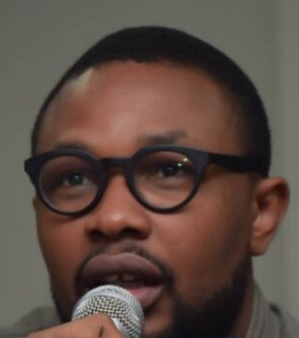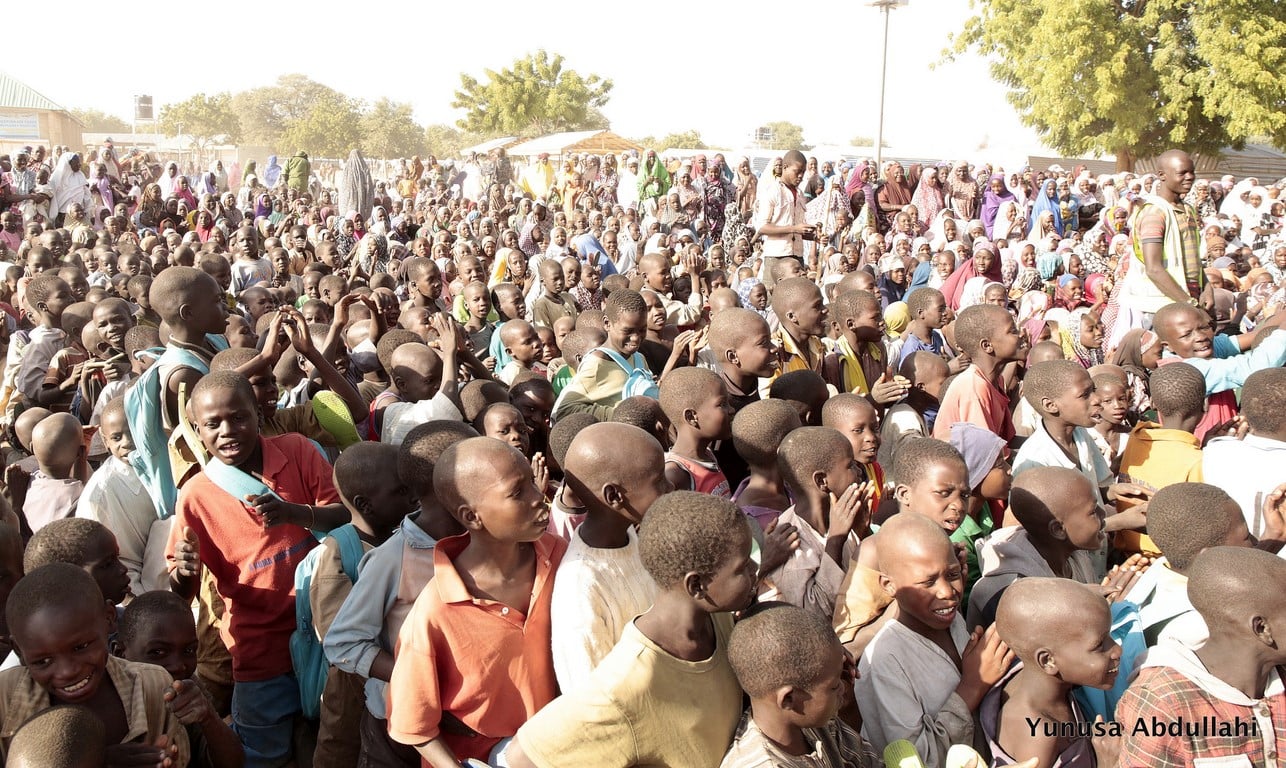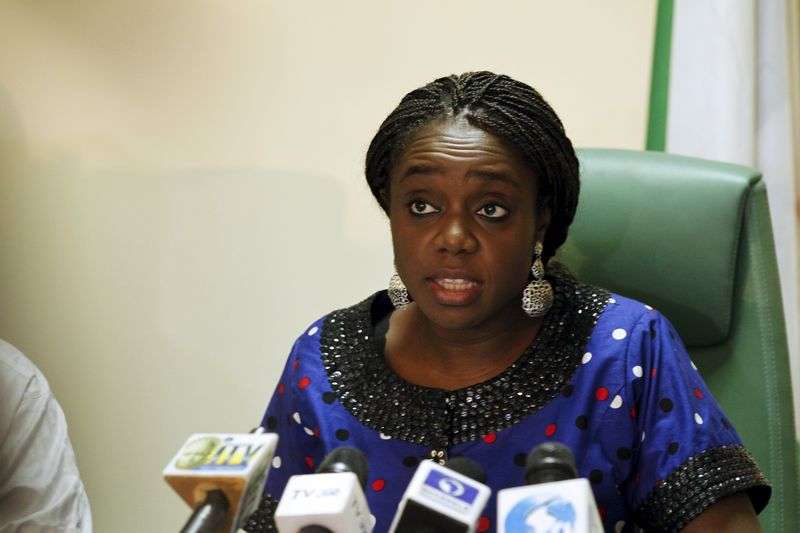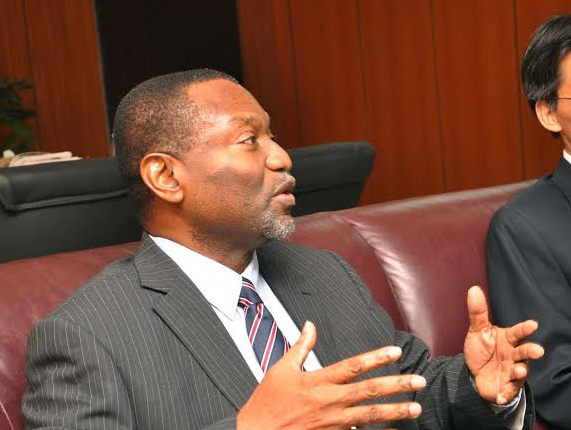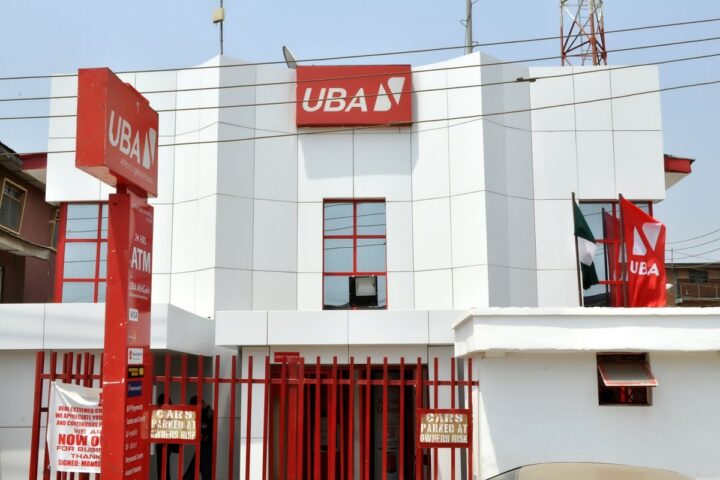A view of the camp with its multitudes of mostly ophaned kids
The World Health Organisation (WHO) says there are “urgent health problems” in 15 local government areas of Borno state which were formerly held by Boko Haram.
According to the health agency, mortality rates in the areas are “four times higher” than emergency thresholds while there’s also a high rate of severe acute malnutrition.
Despite the dire situation, WHO noted that over half of Borno’s health facilities are not functioning.
“A WHO emergency health team arrived 19 August 2016 in Maiduguri city to assess and respond to the health needs of 800 000 people in north eastern Nigeria, formerly held by militant insurgency groups.
Advertisement
“WHO is scaling up its emergency response activities, together with partners, to assist hundreds of thousands of people in desperate need of health services. More than half of the health facilities in Borno State, the area most severely affected, are not functioning.
“Initial assessments reveal urgent health problems among the population in 15 local government areas (LGAs) formerly held by insurgency groups. Estimated mortality rates in some of the areas are 4 times higher than emergency thresholds. The rate of severe acute malnutrition is estimated to be 14%.
“In addition, Nigeria last week reported 2 polio cases in Borno state, 2 years after the last recorded case in the country. One of the cases is from an LGA that is still inaccessible to health service delivery, while the other is from a newly accessible LGA. Measles cases have also been reported in the area, further complicating a challenging humanitarian environment.”
Advertisement
EXPERT STAFF DEPLOYED TO TOUGH ENVIRONMENT
Some of the challenges faced by “expert staff” of WHO is inclement working environment and inadequate resources to address the problems of the affected areas.
“The immediate goal of WHO and its partners is to urgently reduce the rates of death and disease by rapidly scaling up life-saving health services. WHO will work closely with local officials and specialist agencies to address the health risks posed by malnutrition, disease outbreaks, and long-term lack of access to basic health services.
“The working environment in the affected areas is extremely challenging. Resources and capacities to meet the enormous health service gaps are grossly inadequate. Insecurity is a major constraint, with a number of recent attacks on humanitarian staff by insurgents.
Advertisement
“The annual wet season is also peaking and there are forecasts of major floods in the coming weeks. Access to the 15 local government areas require military escort over long distances on poor roads.
“Nonetheless, WHO and its partners are taking immediate steps to tackle these issues head-on. WHO has already deployed expert staff to Nigeria for emergency operations, coordination, and data management. Another team is on the ground in Borno State to help with the polio outbreak response.
“The government has already launched emergency polio vaccination activities, with support from WHO and partners. The first round of vaccinations will soon be completed, targeting 1 million children. Subsequent large-scale polio immunization rounds are planned before November. WHO has also dispatched emergency drugs and supplies, while the organization’s emergency operations will be further reinforced by an expanded, experienced response team in coming days.”
CONTINUED VIOLENCE THREATENS GLOBAL HEALTH
Advertisement
Furthermore, Peter Salama, a doctor and executive director of WHO’s Health Emergencies Programme, said the continued violence in the northeast is a huge threat to global health.
He said: “Protracted conflict situations, such as seen in northern Nigeria – and the surrounding Lake Chad basin countries of Cameroon, Chad and Niger – are among the greatest threats to health globally. Not only are they associated with the world’s highest rates of death among children and pregnant women, they can also be breeding grounds for infectious diseases and outbreaks – but are too often neglected by the international community”.
Advertisement
Consequently, WHO intends to give priority to life-saving health care, “especially disease control, child health and maternal health”.
According to the global health agency, Nigeria needs $25 million to address its urgent health needs.
Advertisement
Add a comment
